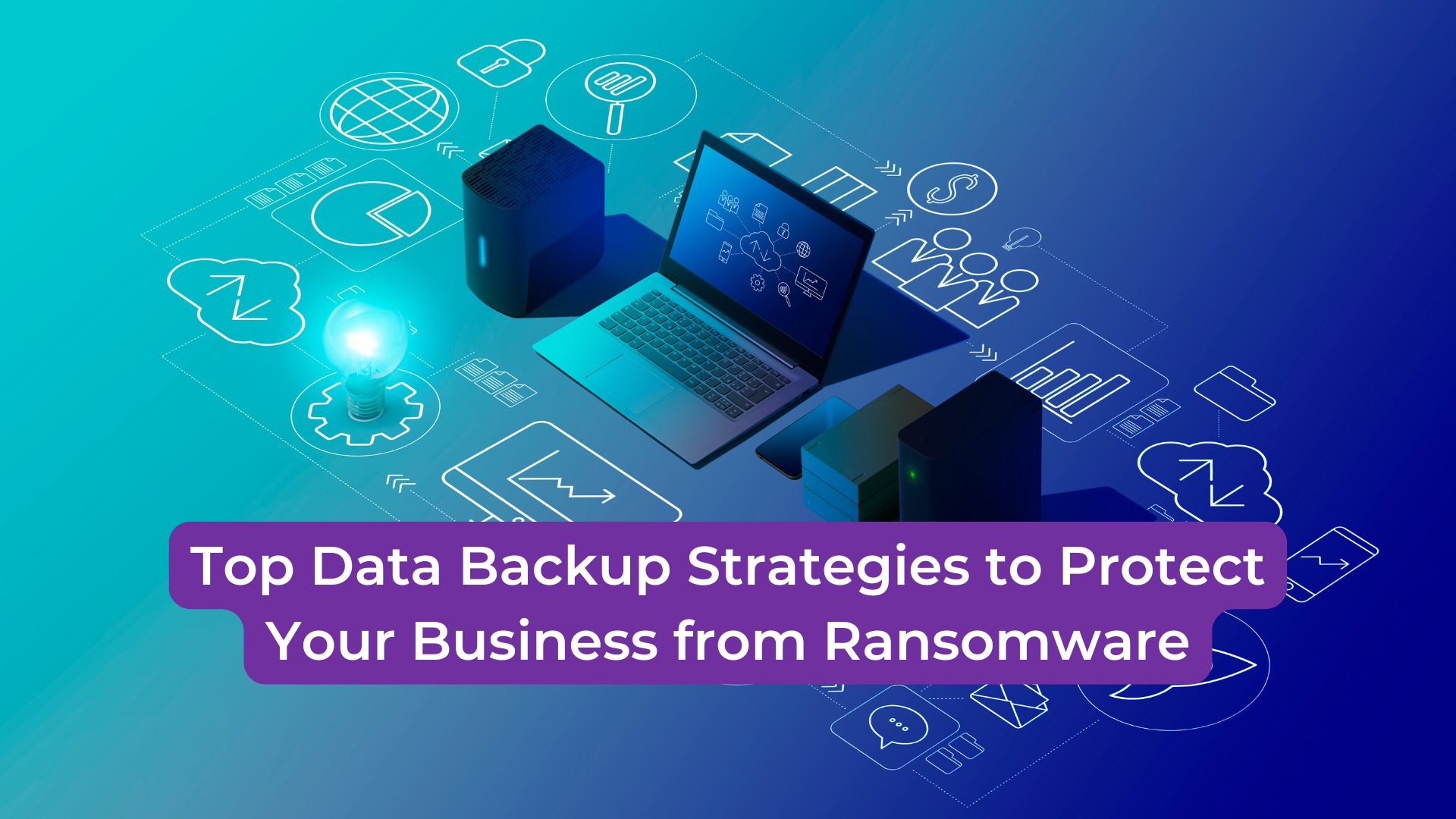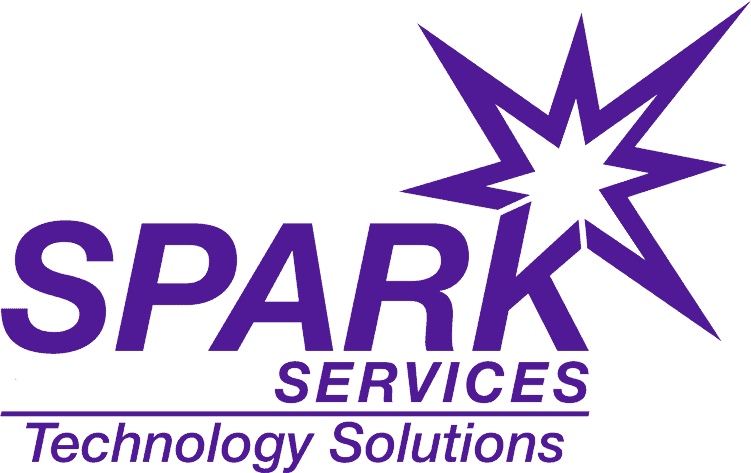
In an era where cyberattacks are on the rise, protecting your business from ransomware is a critical priority. Ransomware attacks can cripple operations, cause significant financial losses, and tarnish your brand’s reputation. One of the most effective defenses against ransomware is having a robust data backup strategy.
This blog explores the top strategies for safeguarding your business data, ensuring continuity, and mitigating the impact of ransomware attacks.
Understanding Ransomware and Its Risks
Ransomware is a type of malicious software that encrypts a victim’s data and demands payment for its release. The costs of these attacks go beyond the ransom itself, including:
- Downtime and lost productivity.
- Costs of recovery and restoration.
- Legal and compliance penalties for data breaches.
Without a proper data backup strategy, businesses risk losing critical information and enduring prolonged disruptions.
The Importance of Data Backup in Ransomware Defense
Data backup serves as a fail-safe, allowing businesses to restore operations quickly after a ransomware attack. A strong backup strategy ensures:
- Data availability even in the event of an attack.
- Minimal downtime and faster recovery.
- Protection against data loss due to system failures or natural disasters.
Top Data Backup Strategies for Businesses
1. Implement the 3-2-1 Backup Rule
The 3-2-1 backup rule is a gold standard in data protection. It involves:
- Keeping 3 copies of your data (1 primary and 2 backups).
- Storing backups on 2 different types of media (e.g., local servers and cloud storage).
- Keeping 1 copy offsite to protect against physical disasters.
This layered approach minimizes the risk of losing all data in a single attack or incident.
2. Use Cloud Backup Solutions
Cloud backups offer flexibility, scalability, and security. Key benefits include:
- Automatic backups: Reducing manual errors.
- Encryption: Protecting data in transit and at rest.
- Remote access: Allowing recovery from any location.
Select a reputable cloud service provider with strong encryption protocols and regular security audits.
3. Schedule Regular Backups
Ransomware can strike at any time, so it’s essential to back up data regularly. Daily or even hourly backups are recommended for critical business data. Automating this process ensures consistency and reduces the risk of oversight.
4. Test Backup Integrity
A backup is only valuable if it works when needed. Regularly test the integrity of your backups by performing recovery drills. This ensures:
- Backup files are not corrupted.
- Recovery processes are smooth and efficient.
- Employees are trained to handle real-life scenarios.
5. Segregate Backup Storage
To protect backups from ransomware, avoid keeping them connected to the primary network. Segregation can be achieved through:
- Offline backups: Physical storage devices disconnected from the network.
- Immutable backups: Data that cannot be modified or deleted once stored.
These practices ensure ransomware cannot infect your backup files.
6. Enable Multi-Factor Authentication (MFA)
Securing access to backup systems is critical. Implement MFA to ensure only authorized personnel can access or modify backup files. This adds an extra layer of protection against unauthorized access.
7. Monitor and Update Backup Systems
Regularly monitor your backup systems for anomalies and update them to address vulnerabilities. Staying proactive reduces the risk of ransomware exploiting outdated systems.
Conclusion
A strong data backup strategy is a cornerstone of ransomware defense. By implementing the 3-2-1 backup rule, leveraging cloud solutions, and ensuring regular testing, businesses can significantly reduce downtime and protect their critical assets.
Don’t wait for an attack to happen—start building your data backup strategy today. For expert guidance on safeguarding your business, reach out to SPARK Services.



